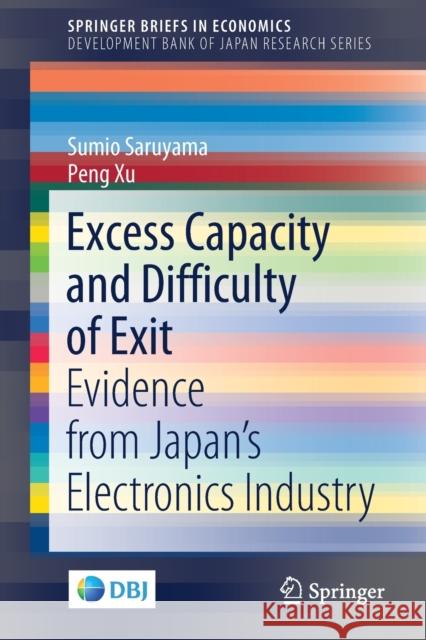Excess Capacity and Difficulty of Exit: Evidence from Japan's Electronics Industry » książka
topmenu
Excess Capacity and Difficulty of Exit: Evidence from Japan's Electronics Industry
ISBN-13: 9789811648991 / Angielski / Miękka / 2021 / 130 str.
Kategorie:
Kategorie BISAC:
Wydawca:
Springer
Język:
Angielski
ISBN-13:
9789811648991
Rok wydania:
2021
Wydanie:
2021
Ilość stron:
130
Waga:
0.18 kg
Wymiary:
23.39 x 15.6 x 0.64
Oprawa:
Miękka
Wolumenów:
01
Dodatkowe informacje:
Wydanie ilustrowane











